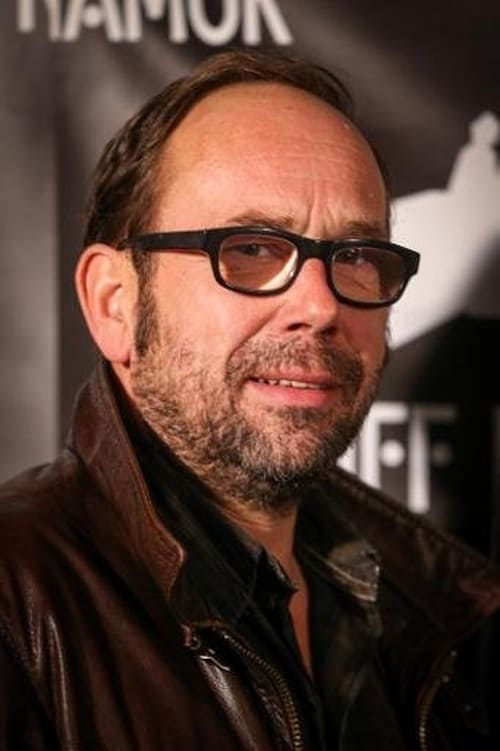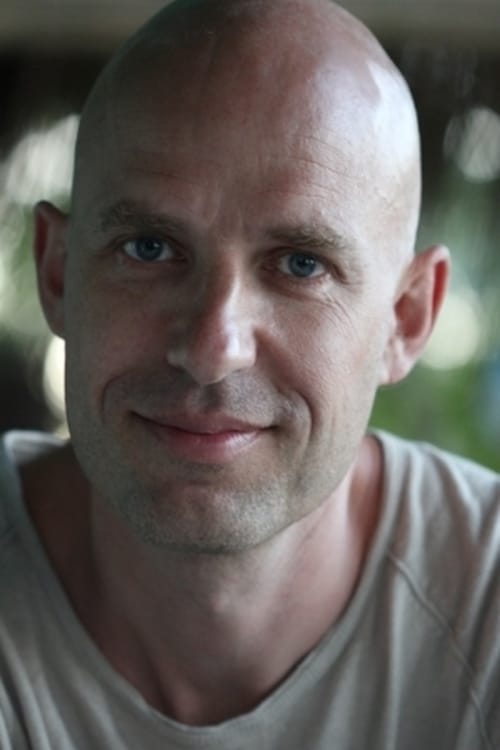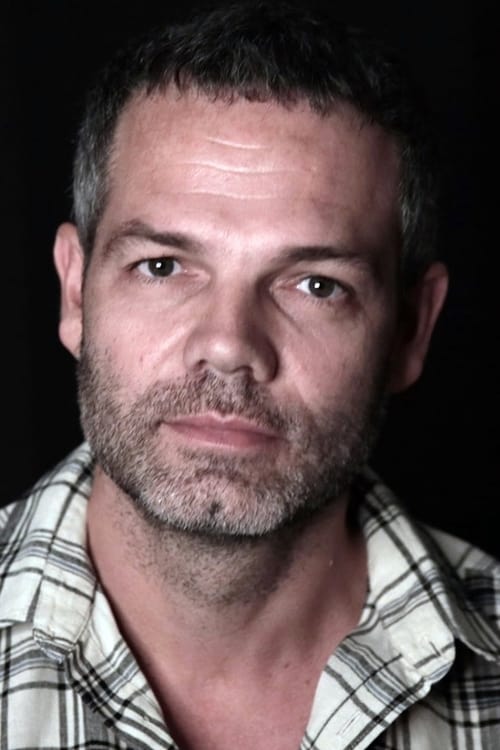Время признаний (2014)
Жанр : драма
Время выполнения : 1Ч 35М
Директор : Régis Wargnier
Писатель : Régis Wargnier, Antoine Audouard
Краткое содержание
Фильм основан на реальных событиях. В начале 70х годов XX века, когда по Камбодже расползается движение «красных кхмеров», французский антрополог Франсуа Бизо живет в одной из деревень, занимается изучением местной культуры, и в качестве сотрудника Французского института Дальнего Востока участвует в реставрации Ангкор-Вата, у него здесь семья, и за годы, проведенные в стране, он научился неплохо говорить по-кхмерски. Однажды в своих исследованиях он забрел на территорию, контролируемую «красными кхмерами», где 10 октября 1971 года был взят в плен, а для «красных кхмеров» любой иностранец — это априори американский шпион, работающий на ЦРУ, и потому его надлежит казнить. Рейтинг фильма

Действие происходит в Камбодже после Первой мировой войны. Злой граф Мазовия овладел тайными знаниями, позволяющими лишать людей воли и превращать их в зомби, и собирается создать расу рабовладельцев. К руинам Ангкор-Вата отправляется научная экспедиция, цель которой - открыть секрет зомбификации и положить конец деятельности Мазовии. Но у одного из участников экспедиции есть свои планы...

Молодая замужняя американка Сара Джордан, живущая в Англии, оказывается на благотворительном вечере и слышит жаркую речь, произнесенную доктором Ником Кэллахэном. Его пламенный призыв о помощи детям стран, вовлеченных в военные конфликты, перевернула жизнь Сары навсегда.Очарованная Ником и его благородными идеями, она расстается со спокойной жизнью и, жертвуя своим благополучием, устремляется навстречу риску, опасности и… своей любви. На протяжении десяти лет судьба будет сводить Сару и Ника в разных «горячих точках» нашей планеты — в Камбодже, Эфиопии и Чечне, приготовив влюбленным страшные испытания.
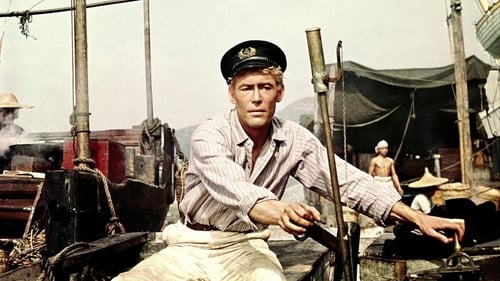
Офицер торгового флота Джим Берк в сильный шторм покидает корабль, не позаботившись о пассажирах. Их спасает французское судно. Джим оставляет службу, понимая, что опозорил мундир офицера. Мучаясь от угрызений совести, он ищет случая искупить свою вину. Судьба приводит его в Азию. Здесь он возглавляет борьбу туземцев против местного феодала и становится их героем.
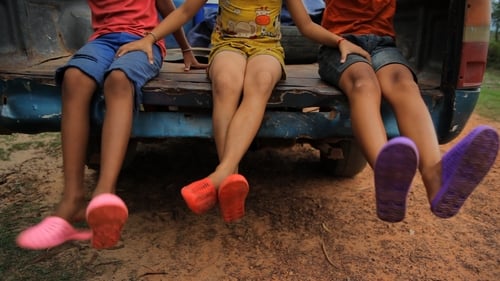
Mia, a beautiful and successful Paris based photographer, bored by her bourgeois existence, flies to Cambodia to surprise her timber trader husband Xavier. But her hope for a romantic welcome are dashed when she spies her husband in a brothel having sex with an eleven year-old, Srey. Mia, her world turned upside down, resolves to rescue Srey and return her to the remote village from where she was abducted.

Between 1975 and 1979, at least 250,000 Cambodian women were forced into marriages by the Khmer Rouge. Sochan was one of them. At the age of 16, she was forced to marry a soldier who raped her. After 30 years of silence, Sochan decided to bring her case to the international tribunal set up to try former Khmer Rouge leaders.

After having fled Pol Pot, Rithy Panh, a 15 year old Cambodian finds refuge at the Mairut camp in Thailand, in 1979. Ten years later, now a filmmaker, he returns to the camps to film the daily life of this threatened people. The peoples he meets, eaten away by inactivity, insecutity and the fear of being forgotten, have been waiting for a possible return to Cambodia.

In a tale of drama and adventure, young journalist Andy Cameron (Robert Walker) has to get into Cambodia (it is assumed this is during the genocidal reign of Pol Pot). Cameron has to smuggle out his girlfriend Mieng (Nit Alisa) before she is killed (along with the other two million Cambodians), but he cannot manage this alone. He enlists the aid of an American Vietnam vet and the help of a few Khmer men. Eventually, Cameron makes his way into Cambodia where he encounters many dangers, some human and some inhuman.

In okay bye-bye, so named for what Cambodian children shouted to the U.S. ambassador in 1975 as he took the last helicopter out of Phnom Phenh in advance of the Khmer Rouge, Rebecca Baron explores the relationship of history to memory. She questions whether, "image and memory can occupy the same space." Building on excerpts from letters, found super-8 footage of an unidentified Cambodian man, iconographic photographs from the Vietnam War and other partial images, Baron combines epistolary narrative, memoir, journalism, and official histories to question whether something as monumental as the genocidal slaughter of Cambodians during the Pol Pot regime can be examined effectively with traditional methodologies.

Based upon documentation of forced confessions made during the Khmer Rouge era in Cambodia, this film reconstructs the relationship of a young woman, Hout Bophana, and Ly Sitha before they were tortured in executed in 1977.

WHO KILLED CHEA VICHEA? is a highly charged murder mystery, a political thriller, and a documentary like no other. In 2004, Cambodian union president Chea Vichea was assassinated in broad daylight at a newsstand in Phnom Penh. As international pressure mounted, two men were swiftly arrested and convicted of the crime, each sentenced to twenty years in prison. Filmmaker Bradley Cox’s five-year investigation reveals an elaborate cover-up that reaches the highest echelons of Cambodian society. Winner of a 2011 Peabody Award among many other honors and banned by the Cambodian government, WHO KILLED CHEA VICHEA? uncovers the face of dictatorship behind the mask of democracy.

A powerful feature documentary about child sexploitation, an epidemic happening in every country around the world. Filmed over a four year period, REDLIGHT focuses on the personal stories of young Cambodian victims and two remarkable advocates for change: grass-roots activist Somaly Mam and politician Mu Sochua. Using gritty footage smuggled out of brothels and harrowing testimonials, REDLIGHT follows the plight of several current and former child sex slaves. Some are trying to regain entry into Cambodian society to find some semblance of normality after their horrific experiences. Other stories highlight the plight of victims who are attempting to bring the perpetrators to justice. Their torturous yet ultimately heroic battles to find witnesses and take brothel owners to court are dramatically brought to life in this topical and moving feature documentary.
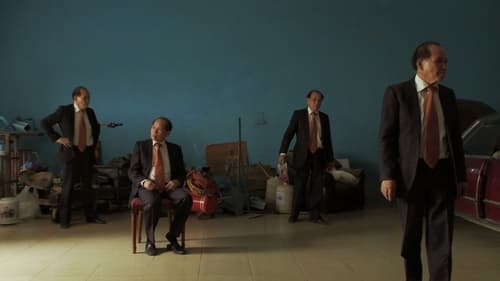
Over three million Cambodians died in the genocide between 1975 and 1979. The Khmer Rouge’s reign of terror also decimated a homegrown film industry that had flourished since 1960: movie theaters were bombed, film prints were destroyed and artists were executed. In Golden Slumbers, French-Cambodian filmmaker Davy Chou mourns this loss of lives and culture, but balances the somber material with a playfulness that honors the lush melodramas and mythic adventures of the glory years.

A poor, rural Cambodian family slowly disintegrates during the cycle of a single rice crop in this moving, and beautifully photographed European drama adapted from a novel by Shahnon Ahmad. Pouev, his wife Om, and his seven children, live in a small rural village in Cambodia. Their whole precarious life depends upon the success of their rice crop. Both husband and wife are worried, but for different reasons. Pouev is concerned because their acreage is shrinking. Om worries about Pouev; what would happen to her and the children if he died or was injured? Her worst fear is manifest after Pouev steps upon a poisoned thorn and dies. Om finds herself heavily burdened with the responsibilities of maintaining the crop and caring for seven youngsters. She suffers paranoia from worrying about whether the children are doing their share and the other villagers lock her up leaving eldest daughter Sokha to bring in the crop.
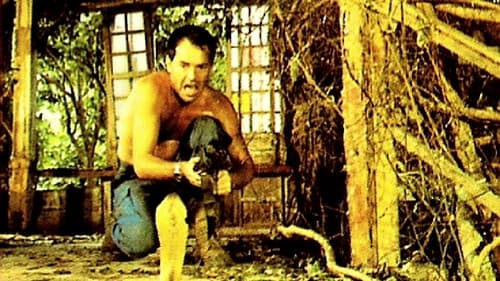
On one of his last trips before retirement, a plane of an illegal gunrunner in Vietnam is shot down where he hooks up Annie Belle, a humanitarian rebel.
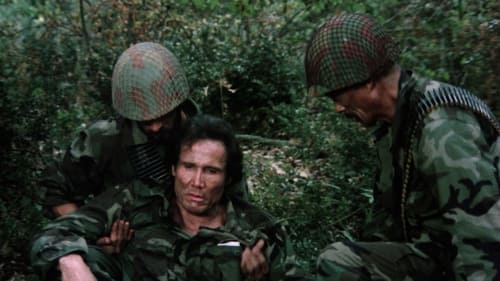
A military group led by Henry Silva and Woody Strode are bound by their honor, to execute their orders to kill as many enemies as possible.

After seeing his parents and grandmother killed by the Vietnamese, a 12 year old Khmer boy flees with his baby sister in an attempt to reach safety in Thailand. On the way he befriends a group of Khmer fighters.

Set in the newly-pacified Phnom Penh, this film is about the return to civilian life of Cambodian soldiers.

Shickman, the film’s central subject, has been living in Phnom Penh, Cambodia for 8 years along with his baby’s mama, Saran. He is the soul provider of the pair and earns his meager living by reading tarot cards street side. Saran is Cambodian, drinks often, was once married to a man of which she had several kids with (all but one are in foster care). Aside from having to contend with each other, the two must also be weary of the human vultures that eye their daughters with hopes of turning a profit on the black market. Surely, the future for these people are a bleak one.
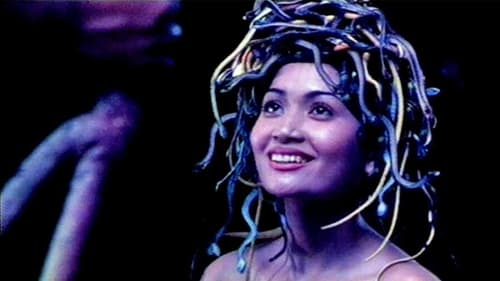
In a small village, Nhi comes across a Snake Immortal and falls in love with him. She becomes pregnant by the snake, but does not tell her husband. When he discovers the truth, he kills both Nhi and the Snake Immortal. One of the small snakes escapes from Nhi's abdomen, and is brought up by another immortal. Slowly the snake grows up to be a beautiful woman, who sets out to develop another relationship.



